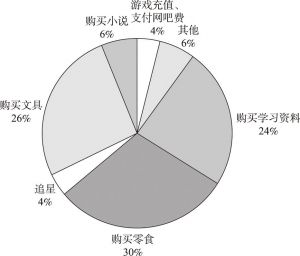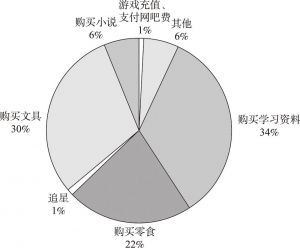论文
提升青少年金融能力的社会工作实务研究
摘要
随着现代社会日益金融化,金融能力成为人们必备素养之一,但在消费主义盛行的当下,青少年人群因金融能力不足而屡遭不必要的风险和损失。根据金融赋能视角,个体金融能力与专业的教育和引导相关。Y社工事务所执行C项目时,面向一个初二班全体学生探索实施金融社会工作,由专业社会工作者开展了系列金融教育及相关活动,青少年金融能力得到明显提升。本研究梳理了金融能力教育的实践框架,也讨论了本土金融社会工作实务模式。
检索正文关键字
论文目录
- 一 社会金融化与青少年的金融脆弱性
-
二 文献综述
- (一)青少年金融能力相关研究
- (二)青少年金融能力干预策略研究
- (三)已有研究述评
-
三 提升青少年金融能力的社会工作实务过程
- (一)研究背景与项目概述
- (二)C项目的干预过程
- (三)小组评估与总结
- 1.小组目标评估
- 2.小组组员评估
- 3.社工评估
-
四 金融社会工作的干预效果评估
- (一)干预前青少年的金融能力状况
- 1.金融知识水平较低
- 2.消费支出结构不合理
- 3.金融规划意识欠缺
- (二)干预后青少年金融能力的变化
- 1.金融知识水平有所提升
- 2.消费支出结构改善
- 3.金融规划意识有所增强
- 4.闲置物品处置方式转化
- 5.金融机会增加
- (一)干预前青少年的金融能力状况
-
五 结论与建议
- (一)结论与反思
- (二)提升青少年金融能力的建议
查看更多>>>



